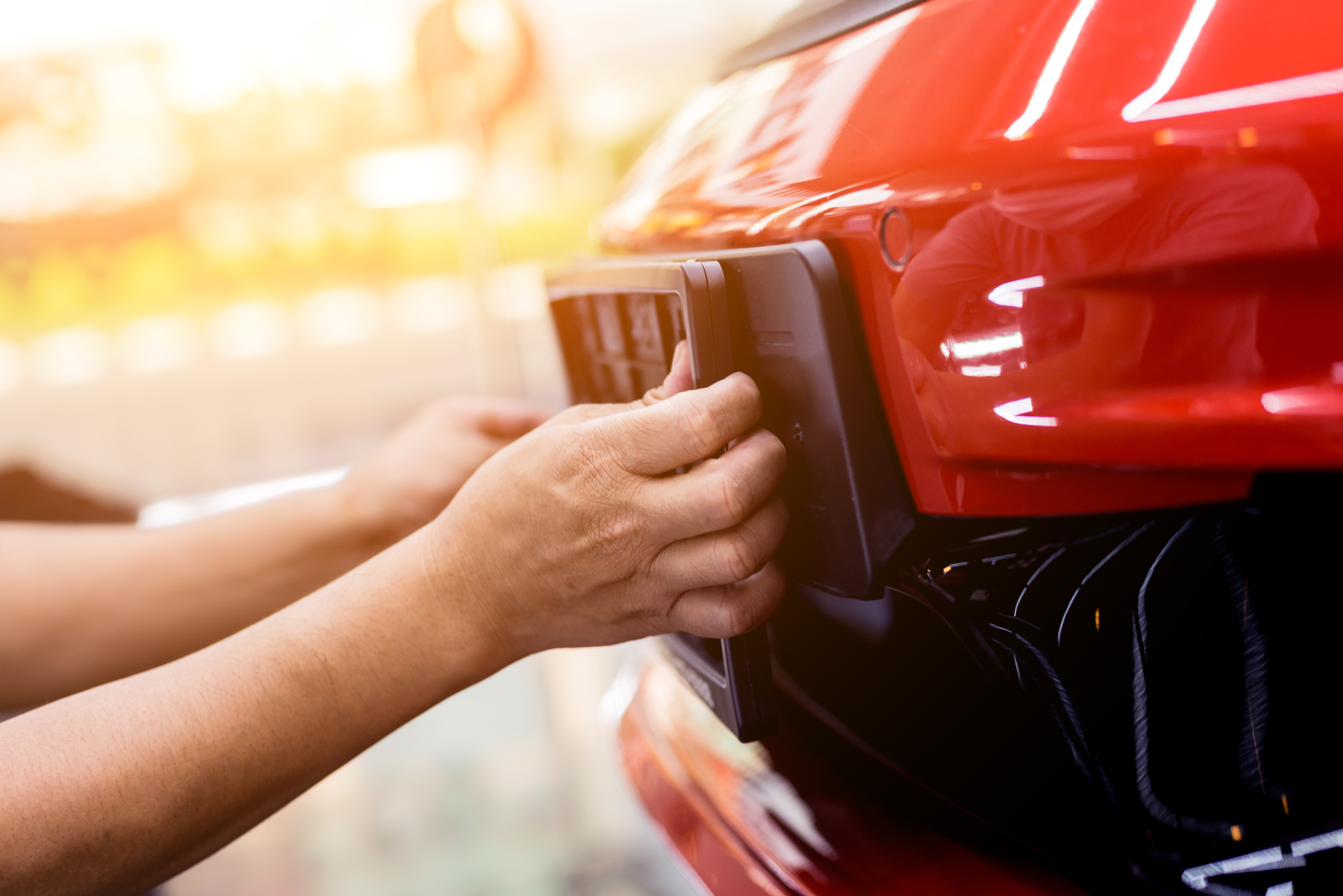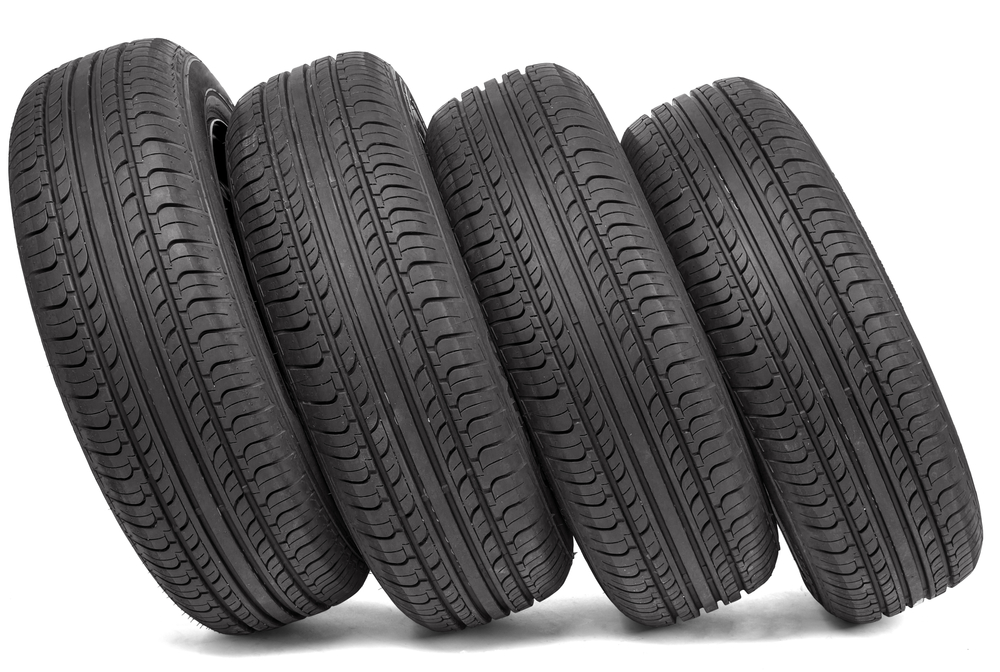Car Auctions and Seized Vehicles Key Facts Explained
Car auctions represent a significant marketplace for acquiring used vehicles at potentially lower prices than traditional dealerships. These auctions include government-seized vehicles, ex-fleet cars, and trade-ins that dealers choose not to retail directly. Understanding how these auctions work, what vehicles are available, and the potential risks involved can help buyers make informed decisions when considering this alternative car-buying path.

How Car Auctions Operate in Australia
Car auctions function on a competitive bidding system where vehicles are sold to the highest bidder. In Australia, auctions may be conducted in-person at dedicated facilities or increasingly online through digital platforms. Most auctions require registration before participating, which may include identity verification and payment of a refundable deposit. The bidding process typically moves quickly, with vehicles sometimes selling in under a minute. Auction houses like Manheim, Pickles, and Grays Online dominate the Australian market, each with slightly different procedures and specialties in the vehicles they offer.
Understanding Seized Vehicle Auctions
Seized vehicles come from government agencies including police departments, tax authorities, and customs offices. These vehicles are typically confiscated due to criminal activity, tax defaults, or import violations. Police auctions in Australia regularly feature seized assets, with proceeds often going to government treasuries or victim compensation funds. These auctions may present opportunities for bargains, but buyers should understand that seized vehicles sometimes come with incomplete service histories or documentation. Government auctions are typically conducted through contracted third-party auction houses rather than directly by police departments.
Cars Available Immediately After Auction
One advantage of auction purchases is the immediate availability of vehicles after successful bidding. Unlike traditional dealerships where financing approval might delay possession, auction vehicles are typically ready for collection upon payment completion. Most auction houses in Australia require full payment within 24-48 hours of winning a bid, after which the vehicle can be collected. However, buyers should note that registration transfer processes still apply, and temporary permits may be necessary to legally drive the vehicle from the auction location. Some auction houses offer delivery services for an additional fee.
Secondhand Car Auctions Australia: Market Overview
Australia’s secondhand car auction market has evolved significantly in recent years. Major auction houses hold regular events in capital cities and regional centers throughout the country. The market includes ex-government fleet vehicles, ex-lease vehicles, trade-ins, repossessions, and insurance write-offs (repairable). The COVID-19 pandemic dramatically shifted much of the auction activity online, with virtual bidding becoming standard practice. Current market trends show increasing competition for quality used vehicles, with the national vehicle shortage driving higher prices across all auction categories since 2020.
Police Auctions Australia Cars: What to Expect
Police auctions in Australia offer a variety of vehicles ranging from standard passenger cars to luxury vehicles and occasionally specialized vehicles. These auctions typically feature three categories: seized vehicles from criminal investigations, abandoned vehicles, and decommissioned police fleet vehicles. Buyers should understand that while decommissioned police vehicles are generally well-maintained, they often have high mileage. Government-seized vehicles may have unclear histories, making mechanical inspections particularly important. Most police auctions in Australia are conducted through contracted auction houses rather than by police departments directly.
Finding Car Auctions in Your Area
Locating car auctions in your local area requires knowing where to look. Major auction houses maintain schedules on their websites, typically listing upcoming auctions by location and vehicle category. Local government websites often provide information about upcoming public auctions of surplus and seized assets. Online platforms have made auction participation more accessible, with many allowing virtual attendance regardless of physical location. Registration requirements for local auctions typically include proof of identity, proof of address, and sometimes a refundable deposit that varies by auction house.
Auction House Comparison in Australia
| Auction House | Specialties | Inspection Options | Buyer’s Premium | Payment Methods |
|---|---|---|---|---|
| Pickles | Government fleets, insurance | Pre-auction & online | 7.5-10% | EFT, credit card, cash |
| Manheim | Ex-lease, dealer trade-ins | Pre-auction & online | 8-12% | EFT, credit card, financing |
| Grays Online | Primarily online auctions | Photos only or in-person | 5-10% | EFT, credit card |
| Lloyd’s Auctions | Rare & collectible vehicles | By appointment | 6-8% | EFT, credit card, Bitcoin |
| GraysEight | High-end luxury vehicles | By appointment | 7.5-10% | EFT, wire transfer |
Prices, rates, or cost estimates mentioned in this article are based on the latest available information but may change over time. Independent research is advised before making financial decisions.
Risks and Considerations When Buying at Auction
Auction purchases carry inherent risks that traditional dealership buying does not. Vehicles are typically sold “as is” with limited or no warranty coverage. Pre-purchase inspections are often restricted to visual examinations and sometimes brief engine starts without test drives. Hidden mechanical issues can be costly after purchase, with no recourse to the seller. Documentation may be incomplete for seized vehicles, potentially complicating registration processes. To mitigate these risks, experienced buyers recommend setting a firm price limit before bidding, thoroughly reviewing all available vehicle information, and when possible, bringing a mechanic to pre-auction inspections.
Navigating car auctions requires preparation, research, and discipline. By understanding the auction process, knowing what vehicles are available, and recognizing the potential risks, buyers can make informed decisions when considering auction purchases as an alternative to traditional dealerships. While bargains exist at auctions, the best outcomes come to those who approach the process with both caution and knowledge.




